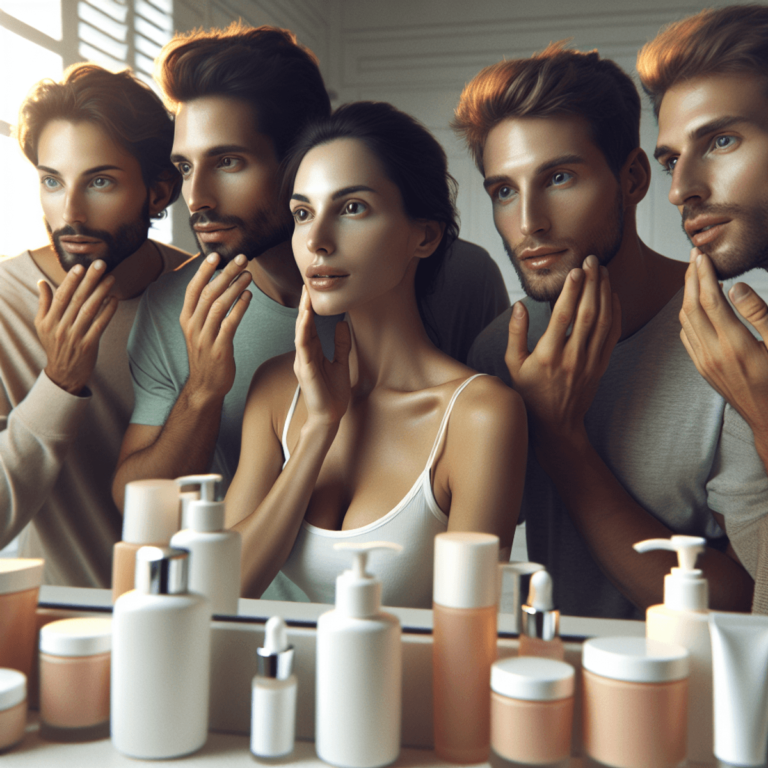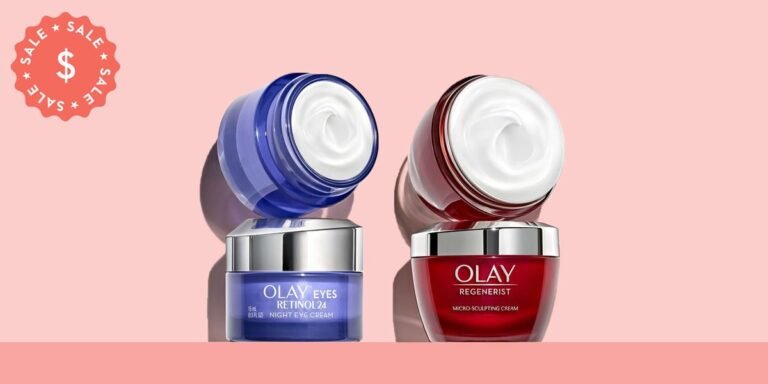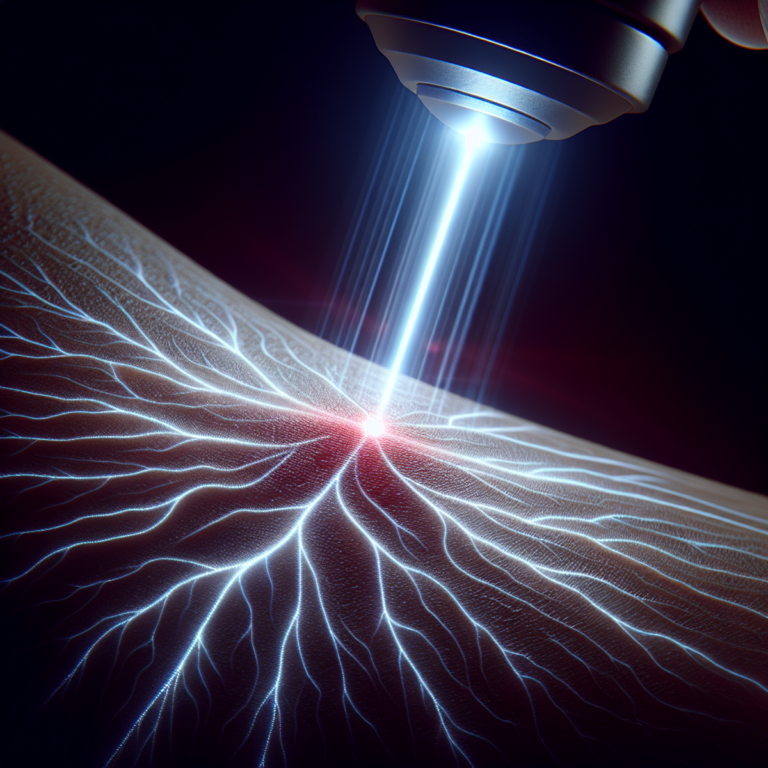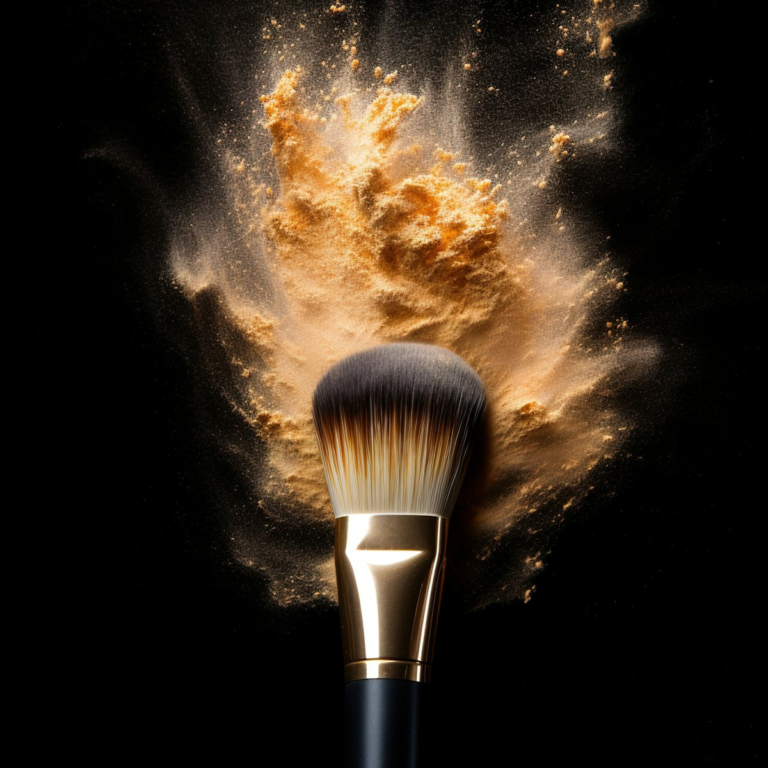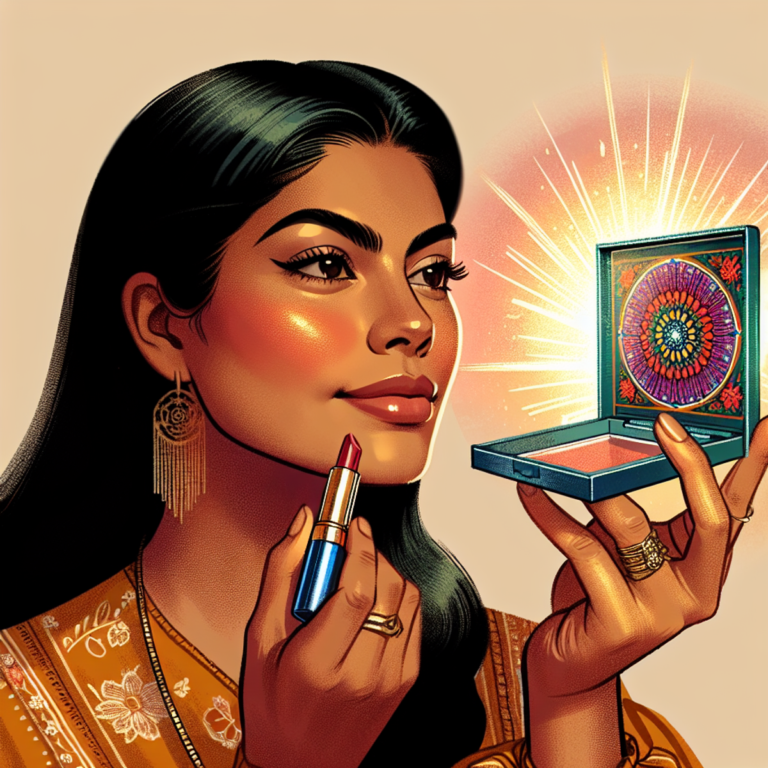Effective Home Remedies for Acne and Pimples

Introduction
Acne is a common skin problem that affects about 85% of young adults. It can have a big impact on a person’s self-esteem and daily life. Whether you have occasional pimples or chronic acne, it’s important to know how to manage and reduce breakouts.
Many people turn to different treatments when they want to know how to get rid of pimples or how to remove pimples naturally and permanently. While there are plenty of pharmaceutical options available, some prefer natural treatments as a gentler alternative. Effective home remedies for acne and pimples can be a promising solution for those who want to manage their skin conditions without using harsh chemicals.
Key takeaway: Home remedies can be an effective way to manage acne and pimples. These remedies often use natural ingredients with antibacterial and anti-inflammatory properties, offering a holistic approach to acne prevention and treatment.
In the following sections, you’ll find various home remedies that have shown promise in treating acne, along with practical tips on how to remove pimples and maintain clear skin naturally.
Understanding Acne
What is Acne?
Acne is a skin condition that affects millions of people worldwide, particularly teenagers and young adults. It shows up as red, inflamed bumps on the skin and can be both physically uncomfortable and emotionally distressing. You often see it on the face, neck, back, shoulders, and chest. While it’s usually linked to puberty because of hormonal changes, it can stick around or even start in adulthood.
Common Causes of Acne
Understanding what causes acne is key to treating it effectively. The main factors that lead to acne include:
- Too Much Oil (Sebum) Production: Overactive oil glands make too much oil, blocking hair follicles.
- Bacteria: The bacteria Propionibacterium acnes thrives in blocked pores, causing inflammation.
- Inflammation: The body’s reaction to blocked pores and bacterial invasion leads to redness and swelling.
- Hormonal Changes: Hormone fluctuations, like during puberty or menstruation, can boost sebum production.
Other factors that might play a role are diet, stress, certain medications, and genetics.
Types of Acne
Acne comes in different forms, each needing its own treatment approach:
- Pimples (Pustules): Small red bumps with pus at their tips.
- Cysts: Large, painful lumps beneath the surface of the skin filled with pus. Cysts are more severe and can lead to scarring.
- Blackheads (Open Comedones): Small black or dark-colored spots that appear when a pore remains open but is clogged with oil and dead skin cells.
- Whiteheads (Closed Comedones): Similar to blackheads but occur when the pore closes up.
- Papules: Small red or pink bumps without pus.
- Nodules: Hard lumps beneath the surface of the skin that are larger than papules and can be very painful.
Knowing these different types helps tailor specific treatments based on individual needs. Each type has unique characteristics that influence how it should be addressed for optimal skin health.
By understanding what causes acne and identifying its types, you can better navigate your skincare journey.
The Role of Home Remedies in Acne Treatment
People often seek home remedies for acne due to their accessibility and cost-effectiveness. Natural ingredients for acne, such as tea tree oil and aloe vera, are widely available and typically more affordable than pharmaceutical treatments. This makes them an attractive option for individuals looking for budget-friendly solutions to manage their skin breakouts.
Potential Benefits Compared to Pharmaceutical Treatments
Home remedies offer several potential advantages over conventional medications:
- Fewer Side Effects: Many natural remedies have fewer side effects compared to prescription drugs, which can sometimes cause dryness, irritation, or other adverse reactions.
- Holistic Approach: Natural remedies often address underlying issues such as inflammation and bacterial growth without relying on harsh chemicals.
- Sustainability: Using natural products can be more environmentally friendly, as they often come with less packaging and fewer synthetic ingredients.
Importance of Understanding Individual Skin Types
It’s essential to understand that not all home remedies are suitable for everyone. Individual skin types vary greatly; what works for one person may not work for another. For instance:
- Oily Skin: Ingredients like apple cider vinegar can help balance oil production but might be too harsh for sensitive skin.
- Dry Skin: Coconut oil provides moisture but can clog pores in acne-prone skin.
- Sensitive Skin: Aloe vera is soothing but may not be potent enough to treat severe acne.
Testing a small patch of skin before fully incorporating a new remedy into your routine ensures you avoid adverse reactions. Effective home remedies for pimples should be chosen based on your specific skin type and condition.
Effective Home Remedies for Acne and Pimples
Exploring natural solutions for acne and pimples can offer a gentler approach compared to pharmaceutical treatments. Below are several effective home remedies, each with unique properties that can help manage acne symptoms.
Tea Tree Oil
How it Works Against Acne:
Tea tree oil is renowned for its antibacterial properties, making it effective against the bacteria responsible for acne. It also has anti-inflammatory effects that help reduce redness and swelling.
Application Methods:
- Dilution: Always dilute tea tree oil with a carrier oil (like coconut or jojoba oil) before applying it to your skin. A common ratio is 1-2 drops of tea tree oil per 12 drops of carrier oil.
- Spot Treatment: Use a cotton swab to apply the diluted mixture directly onto pimples.
Safety Precautions:
- Perform a patch test to check for any allergic reactions.
- Avoid using undiluted tea tree oil as it can cause skin irritation.
Apple Cider Vinegar (ACV)
How it Works Against Acne:
ACV contains citric acid, which may improve acne scars by promoting skin exfoliation. Its acidic nature helps balance the skin’s pH levels, potentially reducing acne-causing bacteria.
Application Methods:
- Dilution: Mix one part ACV with three parts water to avoid skin irritation.
- Toner: Apply the diluted solution using a cotton ball after cleansing your face.
Safety Precautions:
- Do not apply undiluted ACV directly on the skin as it can cause burns.
- Limit use to once daily and observe how your skin reacts.
Zinc
How it Works Against Acne:
Zinc has anti-inflammatory properties that can reduce inflamed blemishes. It also helps regulate oil production in the skin.
Application Methods:
- Oral Supplements: Zinc supplements are available in various forms, such as zinc gluconate or zinc sulfate. Follow recommended dosages on the product label.
- Topical Application: Zinc oxide creams can be applied directly to affected areas.
Safety Precautions:
- Consult with a healthcare provider before starting oral supplements.
- Excessive zinc intake can lead to adverse effects such as nausea and gastrointestinal issues.
Honey
How it Works Against Acne:
Honey is known for its antimicrobial properties and its ability to soothe skin wounds, making it beneficial for treating minor acne lesions and reducing inflammation.
Application Methods:
- Spot Treatment: Apply raw honey directly onto pimples and leave it on for 15–20 minutes before rinsing off.
- Face Mask: Mix honey with other ingredients like cinnamon or yogurt for an enhanced face mask treatment.
Safety Precautions:
- Use raw or unprocessed honey for maximum benefits.
- Avoid honey if you have known allergies to bee products.
Green Tea
How it Works Against Acne:
Green tea is rich in antioxidants and has significant anti-inflammatory effects. It helps reduce sebum production, which is
Additional Strategies for Managing Acne
Lifestyle Changes
Lifestyle adjustments play a crucial role in managing acne. Small changes can make a significant impact on your skin’s health.
Hydration Importance
Adequate hydration helps maintain skin elasticity and aids in detoxifying the body. Drinking at least 8 glasses of water daily keeps your skin hydrated, reducing the likelihood of clogged pores and breakouts.
Stress Management
Stress triggers hormonal changes that can lead to acne flare-ups. Techniques such as yoga, meditation, and deep-breathing exercises can help manage stress levels. Regular physical activity also improves blood circulation, promoting healthier skin.
Skincare Routine Adjustments
Tailoring your skincare routine to suit acne-prone skin is essential for reducing breakouts.
Choosing the Right Skincare Products
Opt for non-comedogenic products that do not clog pores. Look for labels that mention “oil-free” or “won’t clog pores”. Ingredients like salicylic acid and benzoyl peroxide can be beneficial for treating acne.
Regular Exfoliation
Exfoliating your skin removes dead skin cells that could clog pores. Use a gentle exfoliator 2-3 times a week to prevent irritation. Chemical exfoliants like alpha hydroxy acids (AHAs) can be effective without being abrasive.
Implementing these strategies takes time and consistency but can significantly improve your skin’s health and reduce the frequency of breakouts.
Addressing Pimple Pain and Redness
Home Remedies for Pimple Pain Relief and Redness Reduction
When dealing with acne, pain and redness can often be just as frustrating as the pimples themselves. Fortunately, there are several natural ways to alleviate these symptoms.
Cold Compresses
A simple yet effective method for pimple pain relief is using a cold compress:
- How It Works: The cold temperature helps reduce inflammation by constricting blood vessels, which can alleviate pain and decrease swelling.
- Application: Wrap a few ice cubes in a clean cloth or use a cold gel pack. Apply it to the affected area for 5-10 minutes.
- Safety Precautions: Avoid applying ice directly to the skin to prevent frostbite or irritation.
Aloe Vera
Aloe vera is renowned for its soothing properties:
- How It Works: Aloe vera contains compounds like polysaccharides that have anti-inflammatory and healing effects. It helps soothe redness and irritation.
- Application: Apply pure aloe vera gel directly onto the pimple after cleansing your face. Leave it on overnight or rinse off after 20 minutes.
- Safety Precautions: Ensure you’re using pure aloe vera gel without added chemicals to avoid further skin irritation.
Chamomile
Chamomile is another natural ingredient known for its calming effects:
- How It Works: Chamomile contains flavonoids and essential oils that reduce inflammation and redness, making it beneficial for conditions like rosacea. You can explore more about its benefits here.
- Application: Brew a cup of chamomile tea, let it cool, then use a cotton ball to apply the tea to the affected area. Alternatively, you can place a chilled chamomile tea bag directly on the pimple.
- Safety Precautions: Conduct a patch test first if you have sensitive skin to ensure there’s no allergic reaction.
Honey
Honey offers antimicrobial properties that can help reduce pimple-related discomfort:
- How It Works: Its antibacterial properties help cleanse the area, while its anti-inflammatory effects soothe redness and pain.
- Application: Dab a small amount of raw honey onto the pimple using a clean fingertip or cotton swab. Leave it on for 20 minutes before rinsing off with warm water.
- Safety Precautions: Use raw, organic honey to avoid any additives that might irritate your skin.
Tea Tree Oil
Tea tree oil is another effective remedy for reducing both pain and redness:
- How It Works: Its anti-inflammatory and antimicrobial properties help soothe irritated skin while fighting bacteria that cause acne.
- Application: Dilute tea tree oil with a carrier oil (like coconut or jojoba) at a ratio of 1:9 before applying it to the pimple with a cotton swab. Leave it on overnight for best results.
- Safety Precautions: Always dilute tea tree oil to prevent skin irritation or allergic reactions.
Green Tea
Green tea isn’t just beneficial when consumed; it’s also effective topically:
- How It Works: Rich in antioxidants, green tea reduces inflammation and soothes redness.
- Application: Brew green tea, let it cool, then apply it to your skin using a cotton ball. You can also mix green tea extract into your regular moisturizer.
Overnight Solutions for Pimples
You might be wondering how to remove pimples overnight. While it’s challenging to completely eliminate a pimple in such a short time, certain home remedies can significantly reduce their appearance and discomfort.
1. Tea Tree Oil
Tea tree oil is known for its antibacterial properties. Apply a diluted amount directly onto the pimple using a cotton swab before bed. This can help reduce inflammation and redness by morning.
2. Honey and Cinnamon Mask
Honey has antimicrobial properties, and when combined with cinnamon, it can be even more effective. Mix one teaspoon of honey with half a teaspoon of cinnamon to create a paste. Apply it to the affected area and leave it on overnight.
3. Green Tea Extract
Green tea is rich in antioxidants that can reduce sebum production and inflammation. Steep green tea in boiling water, let it cool, then apply the liquid to your skin using a cotton ball before going to bed.
4. Aloe Vera Gel
Aloe vera soothes irritated skin and can reduce redness. Apply fresh aloe vera gel directly from the plant or use a store-bought pure aloe vera gel on the pimple before sleep.
5. Apple Cider Vinegar Toner
Though there is limited evidence on its effectiveness for active acne, diluting apple cider vinegar with water (1 part ACV to 3 parts water) can act as an antibacterial toner. Dab it lightly onto the pimple with a cotton ball at night.
6. Ice or Cold Compress
For immediate relief from swelling and redness, wrap an ice cube in a clean cloth and hold it against the pimple for a few minutes before bedtime.
These quick home remedies offer potential solutions on how to get rid of pimples overnight, but results can vary based on individual skin types and the severity of acne.
Conclusion
It’s essential to consult a dermatologist for persistent acne. Dermatologists can provide specialized treatments tailored to your specific skin type and condition, ensuring more effective results.
Lifestyle changes play a crucial role in managing acne. Regular exercise, a balanced diet, and adequate sleep help maintain your overall well-being, which directly impacts your skin’s health. A proper skincare routine is equally important.
- Hydration: Keeping your skin hydrated by drinking plenty of water.
- Non-comedogenic Products: Using products that don’t clog pores.
- Exfoliation: Regularly removing dead skin cells to prevent clogged pores.
By combining these long-term strategies against acne with Effective Home Remedies for Acne and Pimples, you can achieve clearer, healthier skin. Consistency and patience are key to seeing lasting results.
FAQs (Frequently Asked Questions)
What are some effective home remedies for acne?
Effective home remedies for acne include natural ingredients such as tea tree oil, apple cider vinegar, honey, green tea, aloe vera, coconut oil, and jojoba oil. Each remedy works differently; for example, tea tree oil has antibacterial properties, while aloe vera soothes inflammation.
How can I prevent acne breakouts?
Preventing acne breakouts involves maintaining good skin health through proper hydration, managing stress levels, and using suitable skincare products. Regular exfoliation can help prevent clogged pores, which is essential for acne prevention.
What should I do to relieve pain and redness from pimples?
To relieve pain associated with pimples, you can use natural methods like cold compresses. For reducing redness, ingredients such as aloe vera or chamomile can be applied to the affected areas to soothe irritation.
Can I remove pimples overnight?
Yes, there are quick home remedy solutions that may help reduce the appearance of pimples overnight. These remedies often involve applying specific natural ingredients known for their anti-inflammatory properties.
What lifestyle changes can support acne management?
Lifestyle changes that support acne management include staying hydrated, adopting a balanced diet, managing stress effectively, and following a consistent skincare routine tailored for acne-prone skin.
When should I consult a dermatologist about my acne?
It is advisable to consult a dermatologist if you experience persistent or severe acne that does not respond to home remedies or over-the-counter treatments. A professional can provide personalized advice and potential medical treatments.


